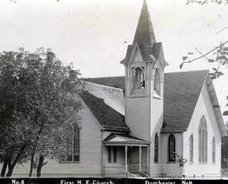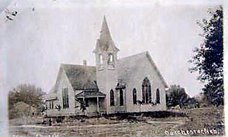In recent years, the Village of Dorchester has advanced plans to redevelop portions of our community and its infrastructure. Relying on cost-benefit analyses and tax increment financing, also known as TIF, to goal of village leaders has been to make the new development and upgrades financially viable.
TIF is an economic development tool frequently used by cities, counties, and authorities to encourage developers to invest in under-performing, blighted areas. TIF financing is only available in TIF districts, which are designated by city or village council members.
However, now TIF is in danger in Nebraska, according to insiders. Nebraska Examiner reports that as the Nebraska Legislature considers property tax relief, TIF projects are in the crosshairs.
Why does that matter?
As the Examiner explains, TIF allows a developer, with approval from city officials, to use the increased property taxes generated by the improvement on a blighted property (the so-called increment) to help finance a redevelopment project -- often times for the infrastructure that is needed to make a project actually happen.
“Tax-increment financing is, frankly, the dominant tool municipalities have for economic and community growth,” said one municipality expert.
Currently, TIF is widely used across the state, in 67 Nebraska counties and 136 cities. Numerous projects representing billions of dollars in investment have tapped into the financing mechanism.


















































That's what was used to finance the failed housing area north of town.
ReplyDelete